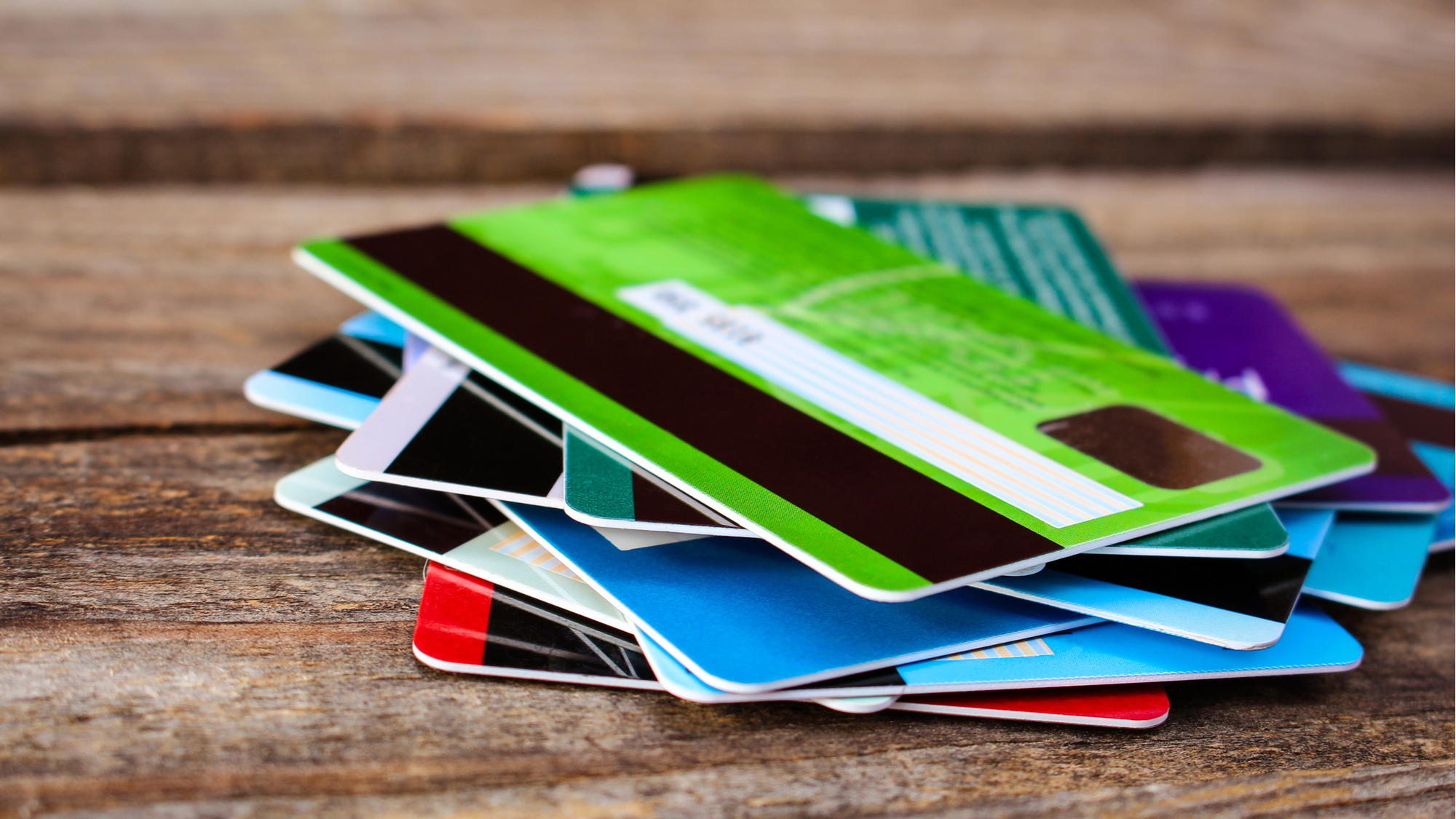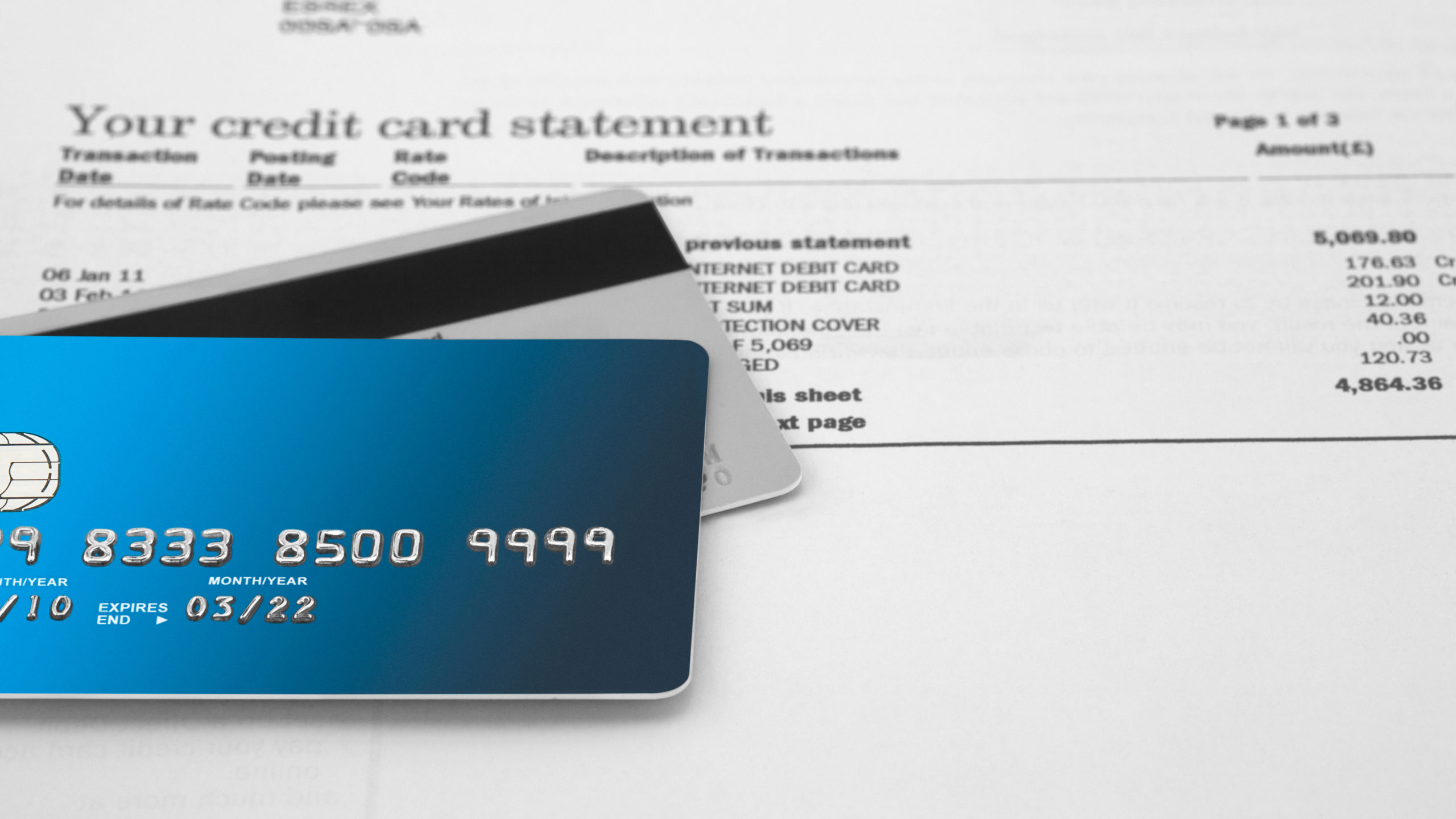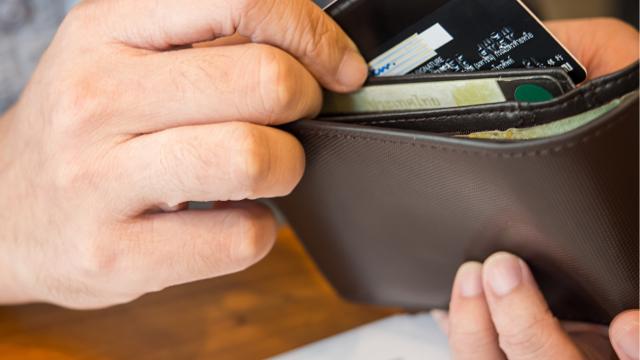So you have some debt, and you’d like to get rid of it. Great! But when it comes to researching strategies and tips for paying off your balances, it’s easy to get lost down a rabbit hole. And that rabbit hole can distract you from the real work of getting organised and tackling your debt.
Here are some of our favourite tips from Lifehacker’s archives to set you up for debt payoff success.
List out your interest rates
You can’t get started if you don’t know what you’re dealing with. More than one-third of us don’t know our credit card interest rates, according to a 2019 Nerdwallet survey. If you can’t rattle off yours, it’s time to log into your accounts or check your latest statement to pinpoint your interest rate for each and every balance you carry.
Doing this now can help you strategise to get that debt paid off faster.

Choose a payoff method
Once you know your interest rates, you can strategise your payoff plan with either the snowball method or the avalanche method.
The avalanche method prioritises high-interest debt first, helping you pay less interest in the long run by knocking out debts with higher interest rates as soon as possible.
The snowball method gives you a boost of motivation by helping you pay off your lowest balances first.
If you want to see how your own debt payoff journey will vary with either method, I like the calculator at Unbury.me.
Never miss a payment
Even if you only make the minimum payment on your balances to start, make sure you pay each and every bill on time, every time. Missing that due date could result in a late fee or penalty, meaning you could pay up to 30% interest for a while instead of your normal interest rate. Dealing with that penalty interest rate could set your payoff plans back in a major way.
To make it easier to avoid payment disasters, set up automatic payments. You can always make additional payments when you’re able to pay more than the minimum, or adjust the amount for your monthly payments. And if your debt is in a balance transfer promotional period (more on that in the next slide), you’ll want to make sure you can pay off your entire balance during that zero-interest period.

Consolidate your debt or transfer your balance
If you’re having a hard time paying more than the minimum on your debts, consider taking steps to reduce your interest rates. There are two main ways you can do this if you don’t feel like calling every one of your creditors to haggle.
Consolidate: If you have good credit, explore taking out a personal loan in the amount of your high-interest debt like instalment loans or credit cards. You may be able to get a loan that breaks your debt into more manageable payments at a far lower interest rate.
Transfer: Check with your credit card issuer for zero-interest balance transfer offers, which allow you to transfer in your balance from another source of debt to your current account. Zero-interest offer periods can last anywhere between nine and 18 months, typically.
Forget about earning rewards
If you’re in debt, now isn’t the time to try to optimise your credit card use to earn maximum rewards. It’s time to freeze your credit cards (either in your mind or in an actual block of ice, if you need to) until you’ve shored up your financial foundation.
Rewards earnings setups and signup bonuses have a special way of getting people to spend more than they bargained for. So if you have some rewards cards in your wallet, convert your balance to statement credit to help put a dent in your balance and say goodbye to the rewards until your debt is gone.
This is especially important if you have cards that charge annual fees. If you aren’t earning and burning rewards, why are you paying even more for your debt? Close those cards before your next renewal comes around.

Ask for help if you get stuck
If you’re feeling overwhelmed or like you’ll never be able to get out of debt, don’t wait until you’re desperate to ask for help.
If you’re having a hard time paying your minimum debt payments because of a financial hardship like a job loss, you can ask your creditor if it has a customer assistance program. You may be able to defer your payments for a few months while you get back on track.
You can also get a second opinion on your debt payoff plan, whether your monthly budget is in dire straits or you’re just feeling stuck. You can request free credit counselling from a nonprofit that will pair you with an expert to guide you and answer your questions. Depending on your situation, you may be eligible for a debt management plan to make your monthly payment easier to handle.

Comments